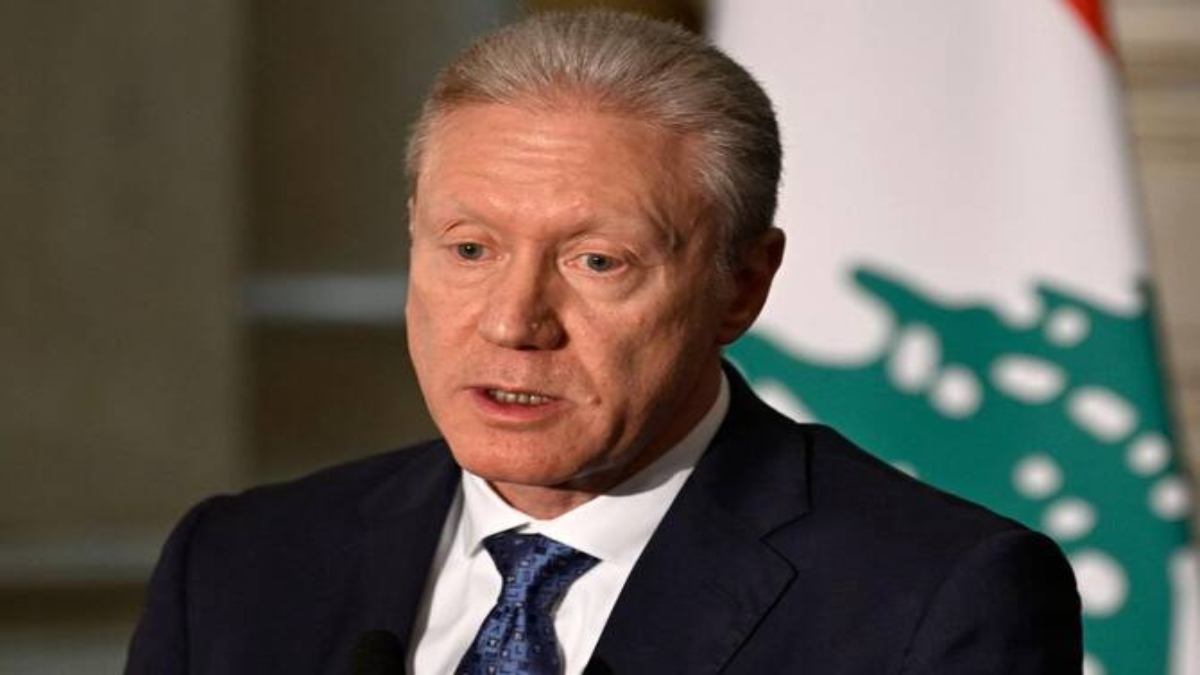Plan includes five-phase disarmament strategy starting in southern Lebanon, with nationwide security measures and focus on restoring state control over weapons
Lebanon Foreign Minister Youssef Raggi on Tuesday said that its army will begin disarming Hezbollah near the Israeli border within three months, according to an AFP report.
The initiative follows an August directive from the Lebanese government instructing the military to develop a plan to disarm the powerful militant group by year’s end, amid mounting pressure from the United States and ongoing Israeli airstrikes.
Although the cabinet announced last week that implementation of the plan would soon begin, it withheld specific details.
Raggi said Army Commander Rodolphe Haykal has since presented a five-phase disarmament roadmap aimed at consolidating all weapons under state control.
The first phase, he said, will take approximately three months and will focus on removing all weapons from areas south of the Litani River — roughly 30 kilometers (20 miles) from the Israeli border — by the end of November.
“There will be no warehouses, no weapons, no weapons transfers, no fighters, and no display of arms in the area,” AFP quoted Raggi as saying, describing the army’s plan.
Alongside the initial phase of disarming Hezbollah in southern Lebanon, the army will implement nationwide “security measures,” according to the plan.
Raggi said that the military will “tighten and increase the number of checkpoints, prevent the movement and carrying of weapons… but without conducting raids, arresting individuals, or confiscating weapons from warehouses.”
“At the very least, the movement of weapons from one area to another will be prohibited,” he added.
Raggi also noted that the remaining four phases of the disarmament plan will target other regions, including Beirut and the eastern Bekaa, “but without timelines.”
Hezbollah’s position has been significantly weakened after a year-long conflict with Israel, including two months of open warfare that inflicted heavy losses on the group’s leadership and arsenal.
The Lebanese government has framed the disarmament effort—fiercely opposed by Hezbollah—as part of implementing the ceasefire agreement that ended the conflict in November of last year.
That deal also called for the withdrawal of Israeli forces from Lebanese territory and a halt to cross-border strikes. However, Israel has continued bombing targets in Lebanon and maintains troops at five strategic border locations.
With inputs from agencies
End of Article

)

